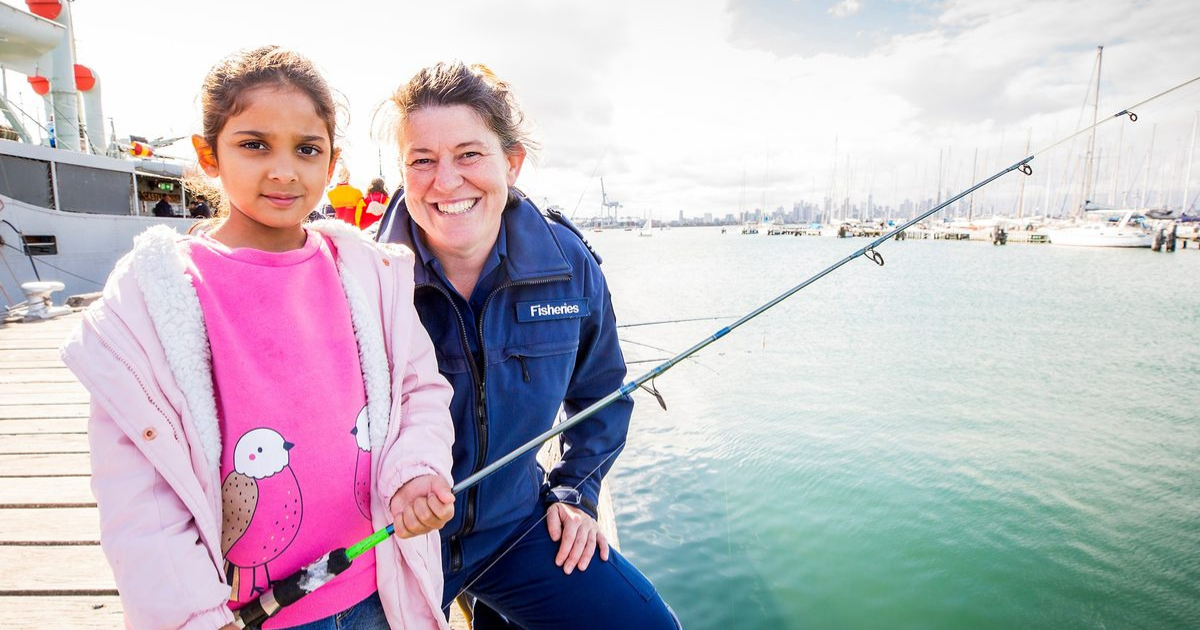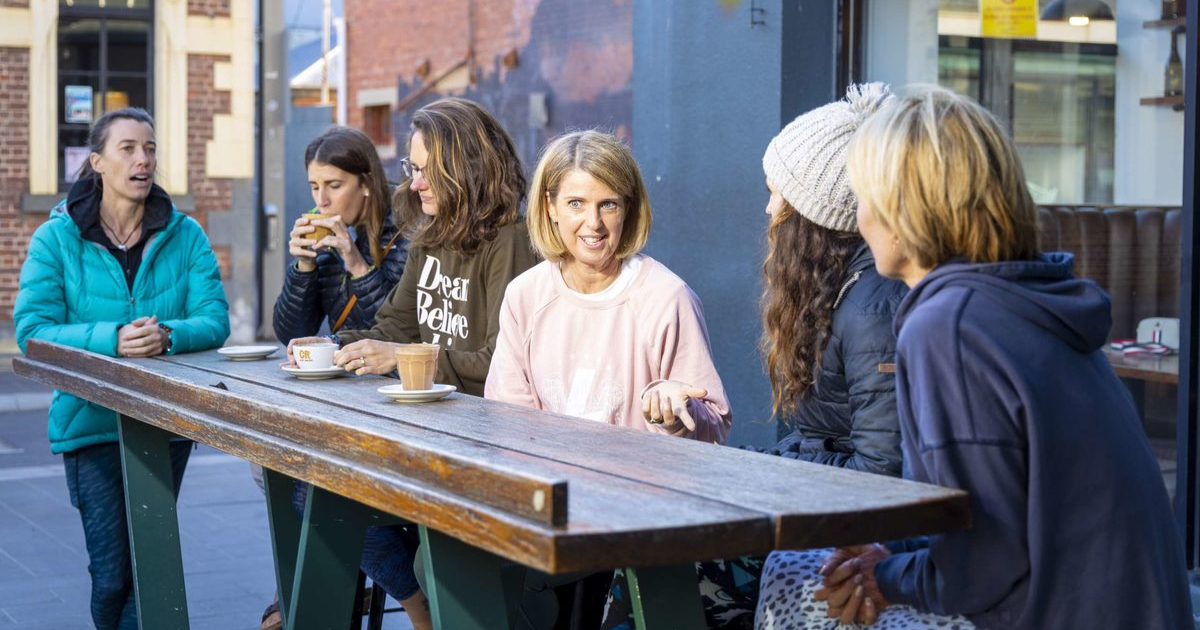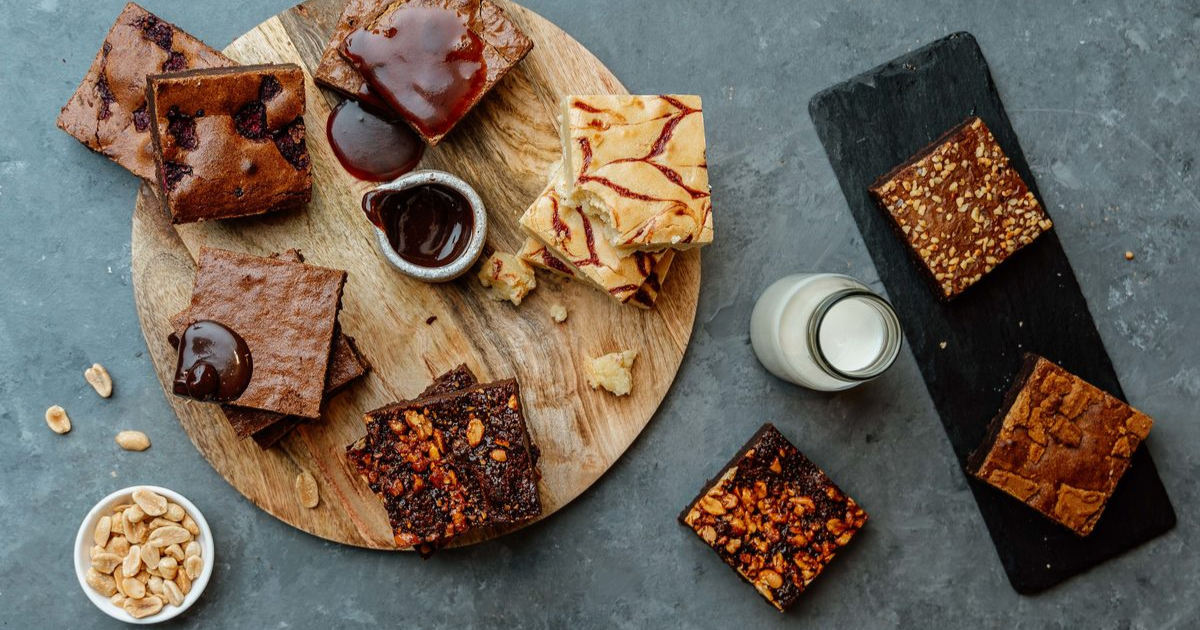Geelong study unlocks food allergy mystery

A research project involving Geelong institutions and families has made a breakthrough in medical understanding of food allergies. Photo: UNSPLASHED
YOUNG children already inherit plenty from their older siblings – and new research has added resistance to food allergies to that list.
A Geelong project involving Deakin University, Barwon Health and hundreds of volunteering local families has established a long-suspected link between children having older brothers and sisters and their ability to avoid allergies.
Local researchers and Murdoch Children’s Research Institute have published latest findings of the Barwon Infant Study, which found babies with older siblings have faster development of gut bacteria, or ‘microbiome’, which adds protection against allergic disease.
Researcher Yuan Gao completed the research as part of her PhD studies at Deakin University and said the results were an important breakthrough.
“The really exciting part was that we were able to show that a more mature gut microbiome played a major role in the protective effect of siblings on the baby’s risk of food allergy,” Dr Gao said.
Professor Peter Vuillermin – paediatrician and director of research at Barwon Health – led the research the research team, who collected faeces samples and allergy test of more than 1000 infants to test their responses to five common allergen foods at one year old.
Alongside the microbiome finding, the research discovered that exposure to environmental bacteria also helped develop infants’ immune systems.
Prof Vuillermin said researchers would next aim to develop and test preventions and treatments for allergies and wheezing illnesses such as asthma by boosting a healthy response to viral infections in a new clinical trail called ARROW.
Mother Erin Tucker, whose son Flynn has preschool wheeze and food allergies, said the Barwon Infant Study and new trial would improve health outcomes for children like Flynn.

“With so little known about why babies develop allergies and asthma, more research is needed, and ARROW may contribute to better understanding of how to prevent or lessen respiratory conditions like asthma and allergies,” Ms Tucker said.
“It is a privilege for our family to participate in such important research and, in doing so, being part of something bigger than just our own family’s experience of allergies and asthma.
“It is our hope that studies such as ARROW could improve the quality of life for asthma and allergy sufferers, like our son, and lead to fewer children developing asthma and allergic disease in future.”

















